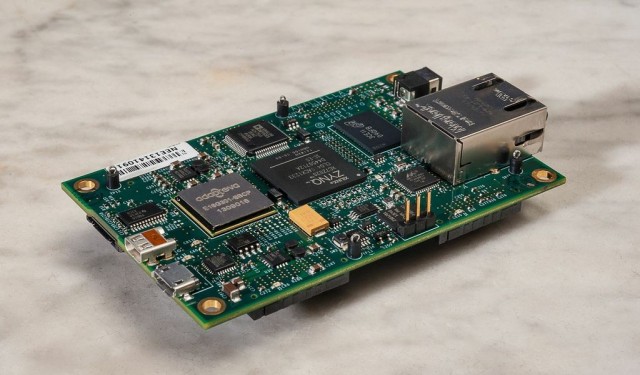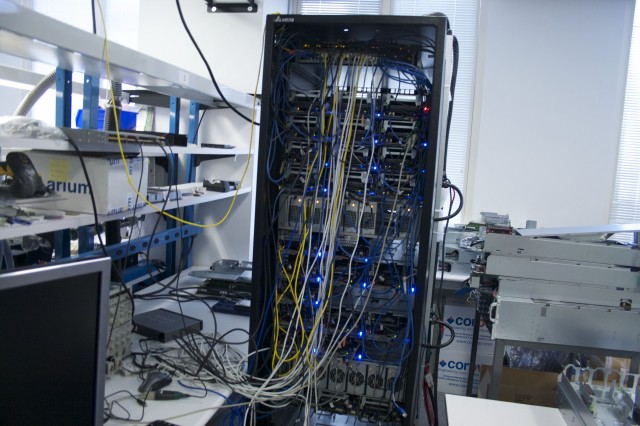Author Archives: ArsTechnica
Creating a $99 Parallel Computing Machine is Just as Hard as it Sounds
- Jul
- 30
- Posted by ArsTechnica
- Posted in Servers


Ten months ago, the chipmaker Adapteva unveiled a bold quest—to create a Raspberry Pi-sized computer that can perform the same types of tasks typically reserved for supercomputers. And… they wanted to sell it for only $99. A successful Kickstarter project raised nearly $900,000 for the so-called “Parallella,” and the company got to work with a goal of shipping the first devices by February 2013 and the rest by May 2013.
As so often happens, the deadlines slipped, but Adapteva has done what it set out to do. Last week, the company shipped the first 40 Parallellas and says it will ship all 6,300 computers ordered through the Kickstarter by the end of August. Anyone who didn’t back the Kickstarter can now pre-order for delivery in October.
The first version of the board was finished in January, but it cost $150 to produce. “After that it was iterating time after time to get the bill of materials down to something we wouldn’t be losing $50 per board on,” Adapteva CEO and founder Andreas Olofsson told Ars.
Read 20 remaining paragraphs | Comments
![]()
How Facebook Threatens HP, Cisco, and More With Its “Vanity Free” Servers
- Jul
- 02
- Posted by ArsTechnica
- Posted in Servers


MENLO PARK, CA—Building 17 of Facebook’s headquarters sits on what was once a Sun Microsystems campus known fondly as “Sun Quentin.” It now houses a team of Facebook engineers in the company’s electrical lab. Everyday, they push forward the company vision of how data center hardware should be built. These engineers constantly bench-test designs for their built-in-house server hardware—essentially putting an end to server hardware as we know it.
Ars recently visited Facebook’s campus to get a tour of the server lab from Senior Manager of Hardware Engineering Matt Corddry, leader of Facebook’s server hardware design team. What’s happening at Facebook’s lab isn’t just affecting the company’s data centers, it’s part of Facebook’s contribution to the Open Compute Project (OCP), an effort that hopes to bring open-source design to data center server and storage hardware, infrastructure, and management interfaces across the world.
Read 39 remaining paragraphs | Comments
